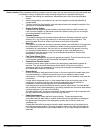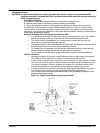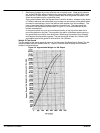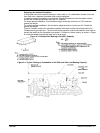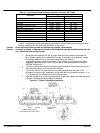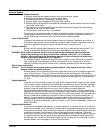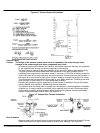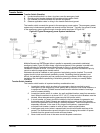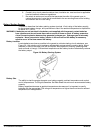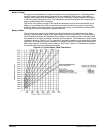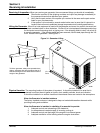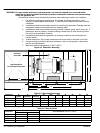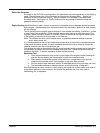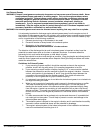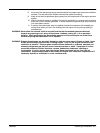
2‐12 General Information MN2408
6. Conduit, wire, circuit protective device sizes, insulation etc. must conform to applicable
local and national codes and regulations.
7. Be certain to seal around conduits that penetrate the walls of the genset room to
reduce the amount of noise that is transmitted to the surrounding areas of the building
and maintain site fire code rating.
Battery Starting System
This section describes the battery starting system (nominal 12 volt rating of the battery supply)
for the engine, battery charger, and precautions to take if the ambient temperature is expected to
be below 70 F (20C).
WARNING: If batteries are not mounted in the battery rack supplied with the genset, protect batteries
from vibration and do not locate them near a source of flame or spark. A battery presents a
risk of fire and explosion because they generate hydrogen gas. Hydrogen gas is extremely
explosive. Never jump start a battery, smoke in the area around the battery or cause any
spark to occur in the area around the battery.
Battery Location
Locate batteries as close as possible to the genset to minimize starting circuit resistance, see
Figure 2‐9. High starting circuit resistance substantially reduces starting cranking ability. Mount
batteries on a level rack away from dirt and liquids. Allow space for servicing (checking water
level and level of charge). Cold ambient temperature at the battery location substantially reduces
the battery output.
Figure 2‐9 Battery Starting System
Battery Size
The ability to start the engine depends upon battery capacity, ambient temperature and coolant
and oil temperatures. The Engine/Generator Set Data Sheet lists minimum recommended battery
capacity.
Battery capacities decrease as ambient temperatures decrease so it is important to specify
batteries with the appropriate CCA rating at a temperature no higher than the minimum ambient
temperature for the application.



